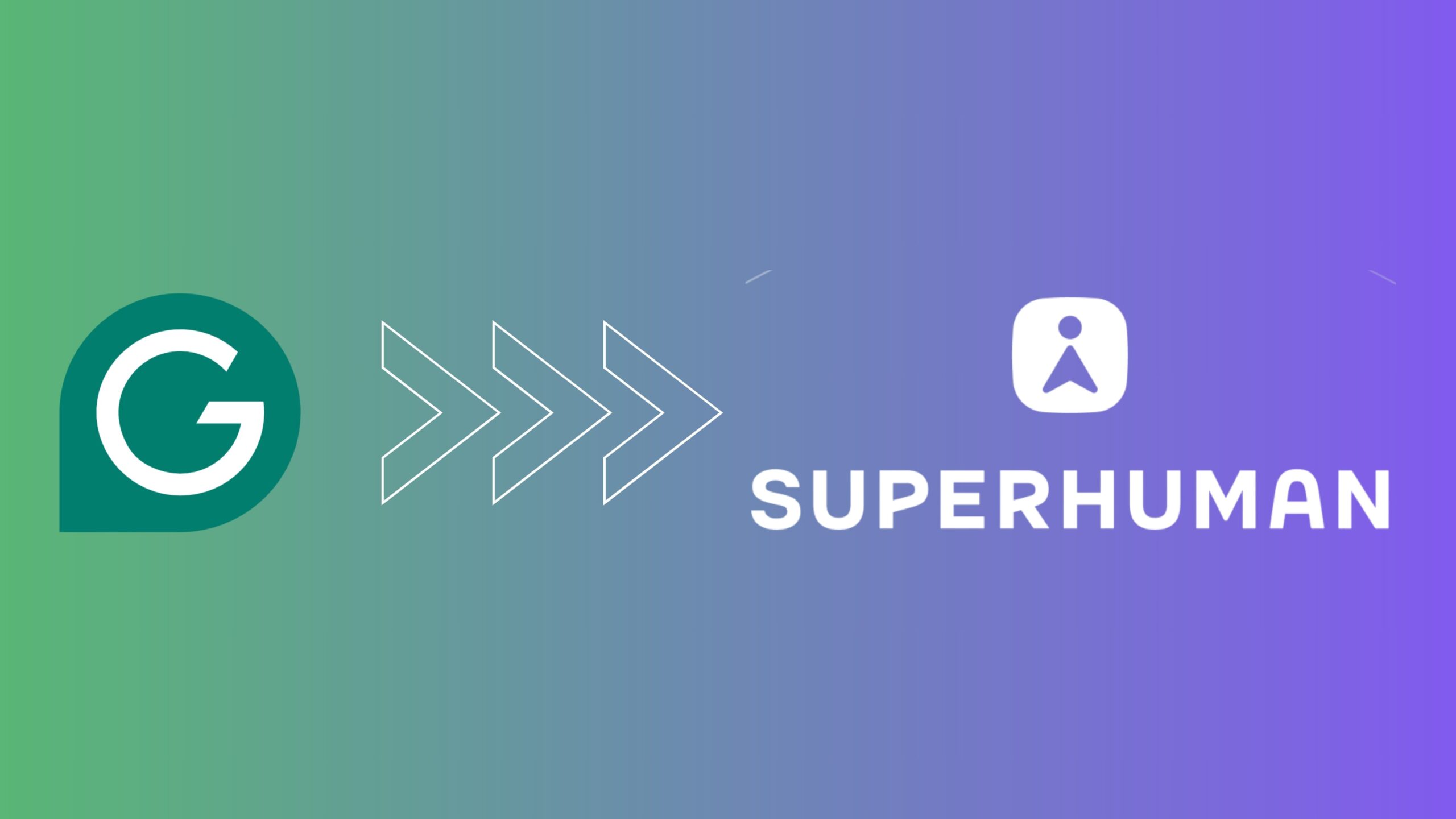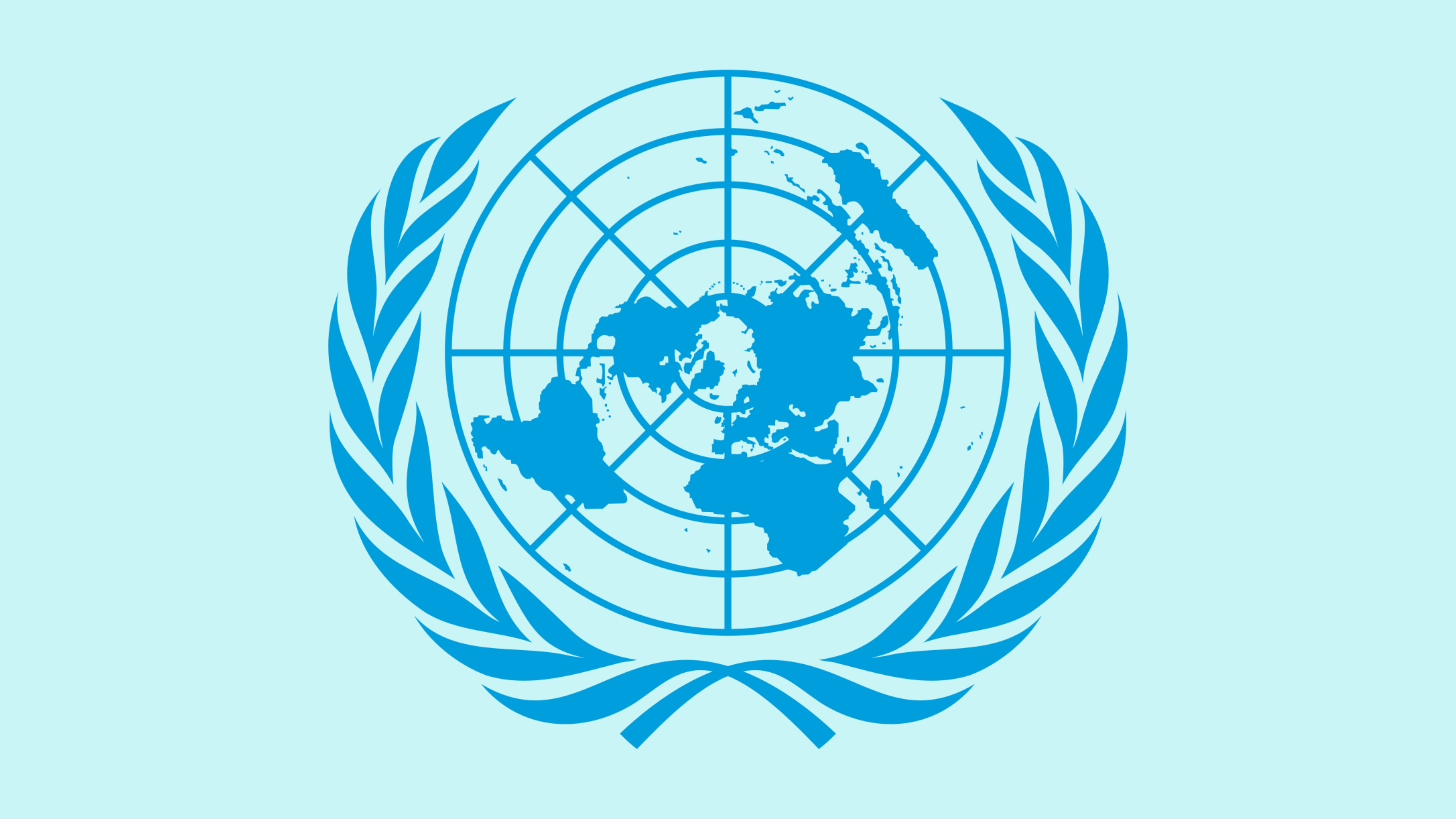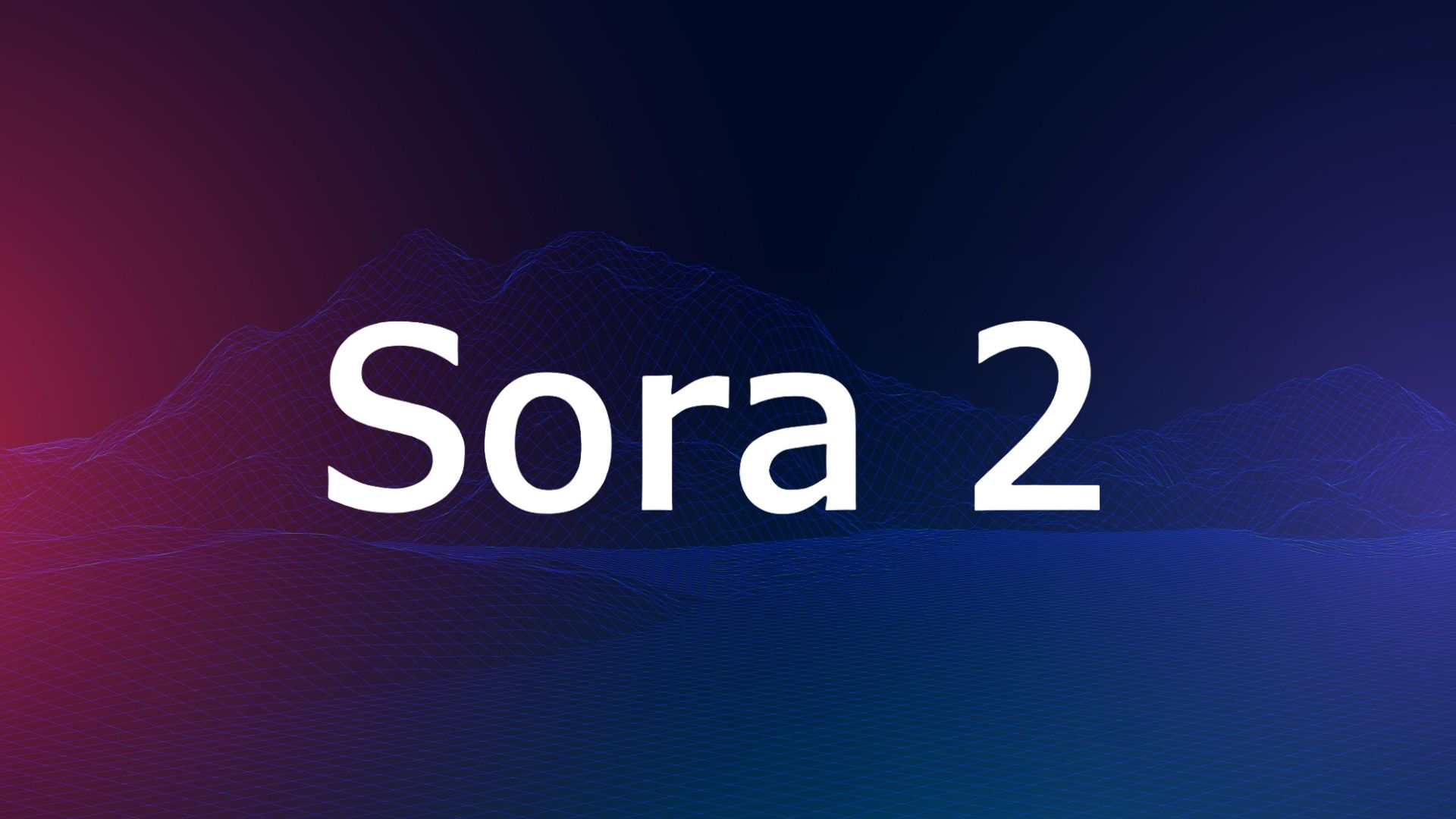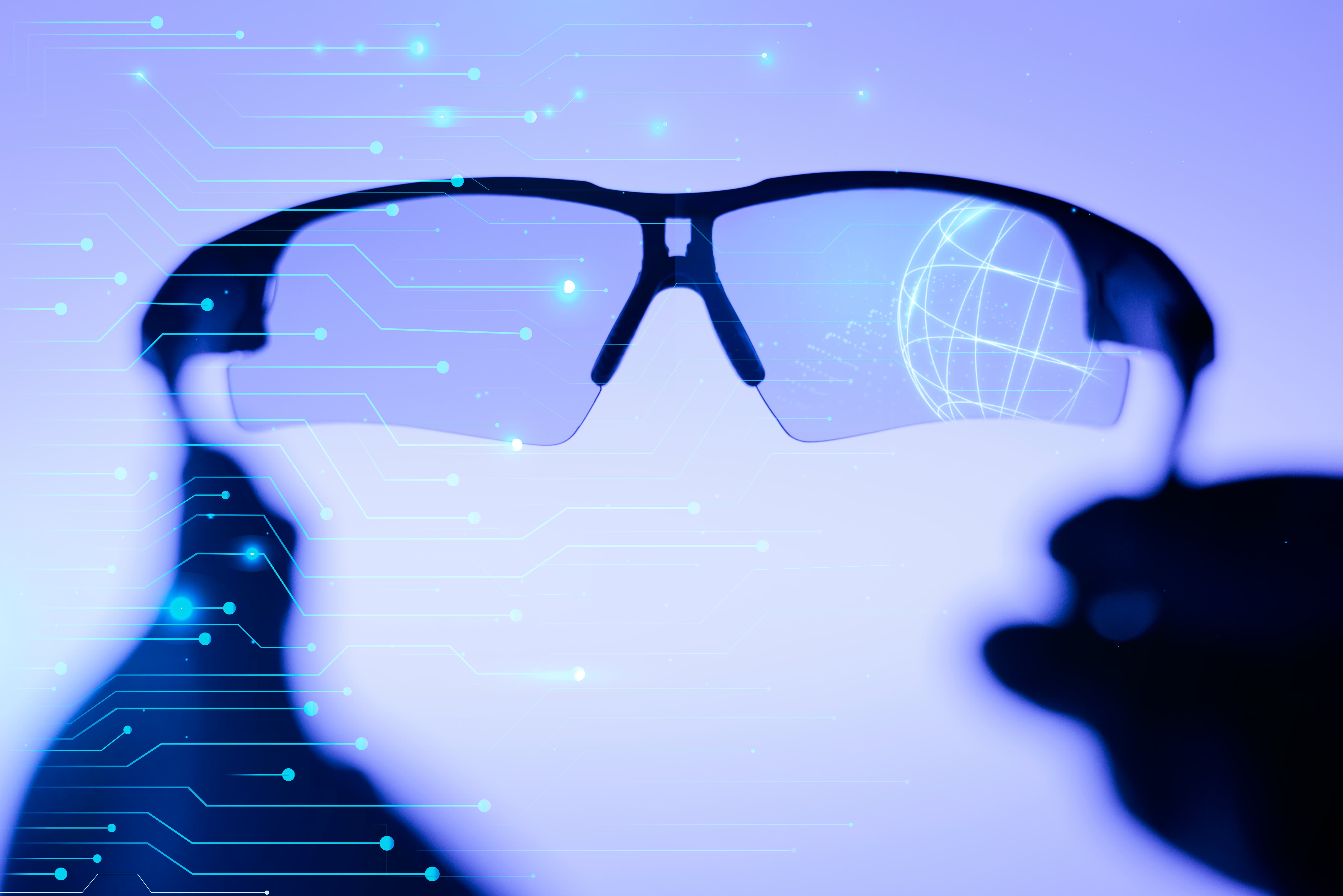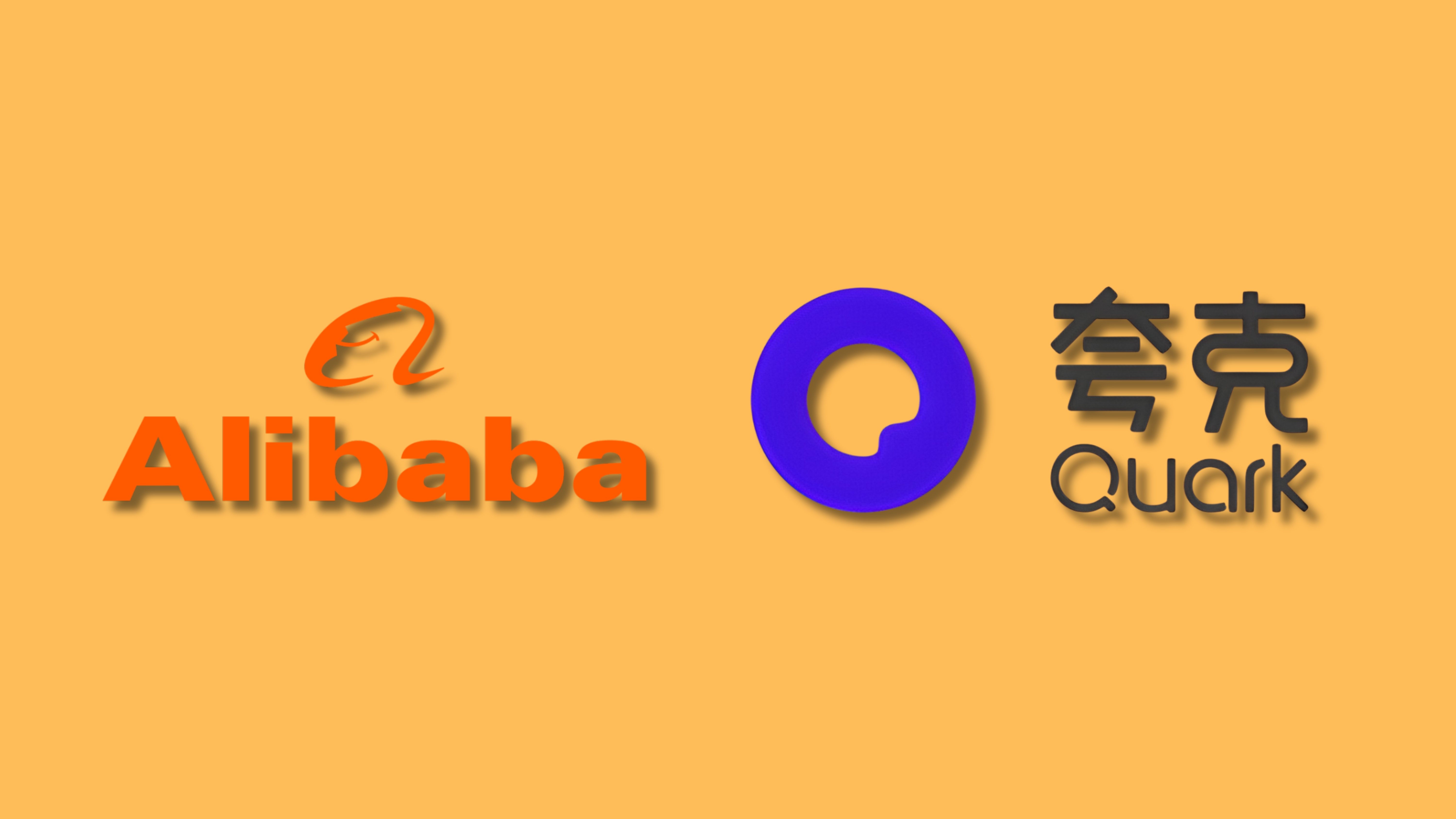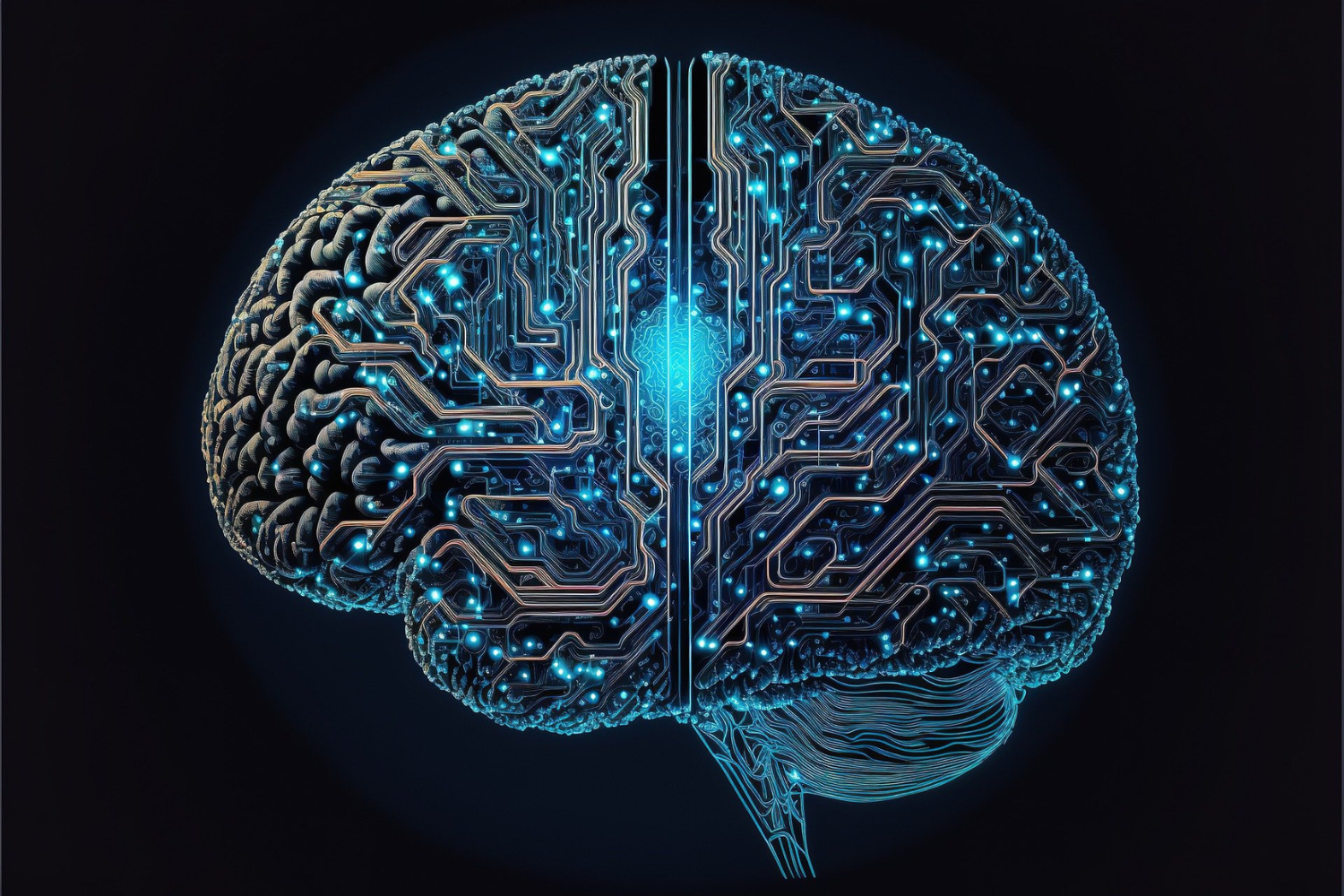Superhuman, formerly known as Grammarly, is bundling its writing tools, workspace platform, and email client with a new AI assistant suite. The company says the rebrand reflects a push to unify generative AI features that streamline workplace tasks and online communication for subscribers.
Grammarly acquired Coda and Superhuman Mail earlier this year and added Superhuman Go. The bundle arrives as a single plan. Go’s agents brainstorm, gather information, send emails, and schedule meetings to reduce app switching.
Superhuman Mail organises inboxes and drafts replies in your voice. Coda pulls data from other apps into documents, tables, and dashboards. An upcoming update lets Coda act on that data to automate plans and tasks.
CEO Shishir Mehrotra says the aim is ambient, integrated AI. Built on Grammarly’s infrastructure, the tools work in place without prompting or pasting. The bundle targets teams seeking consistent AI across writing, email, and knowledge work.
Analysts will watch brand overlap with the existing Superhuman email app and enterprise pricing. Success depends on trust, data controls, and measurable time savings versus point tools. Rollout specifics, including regions, will follow.
Would you like to learn more about AI, tech, and digital diplomacy? If so, ask our Diplo chatbot!

